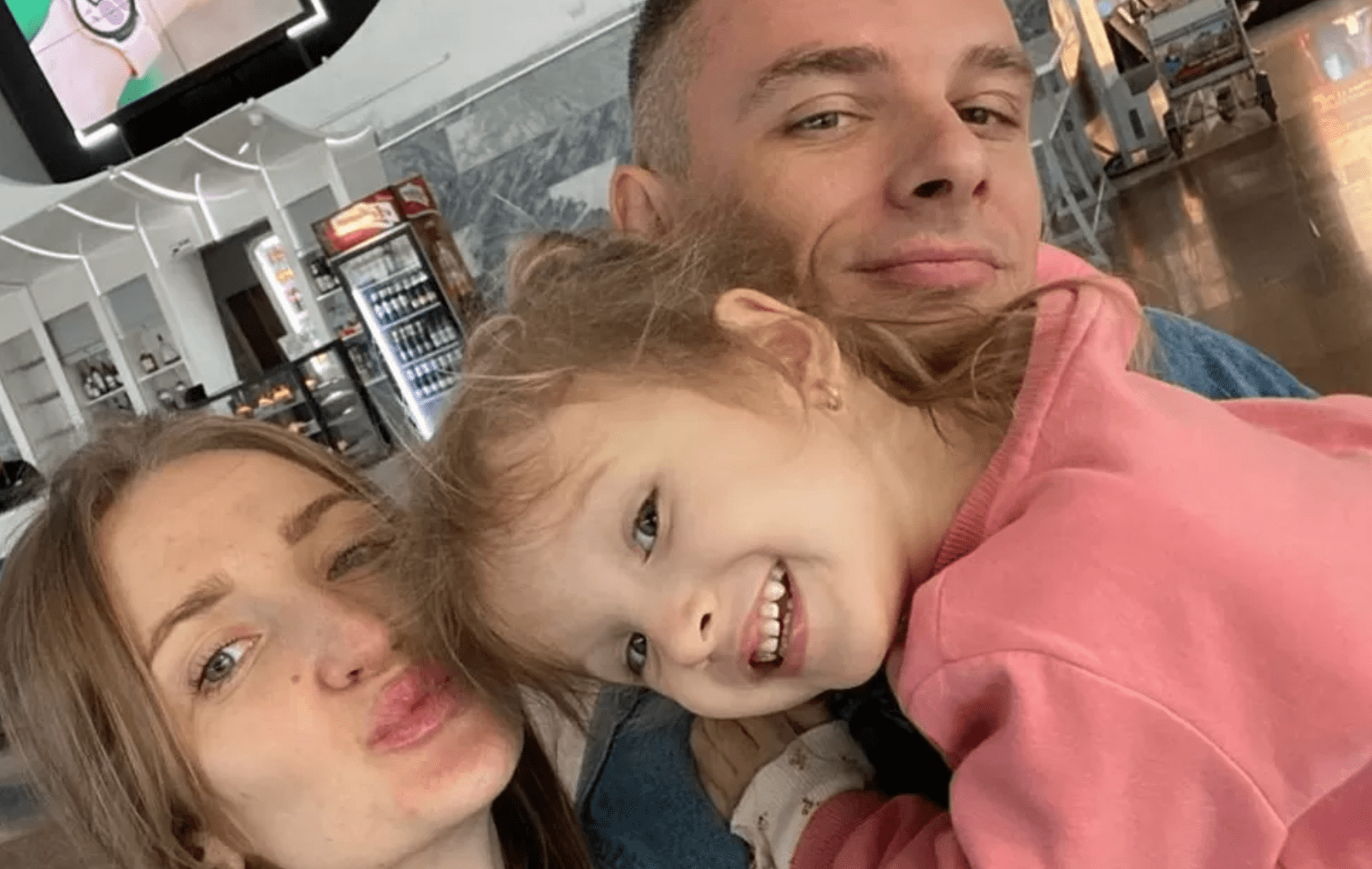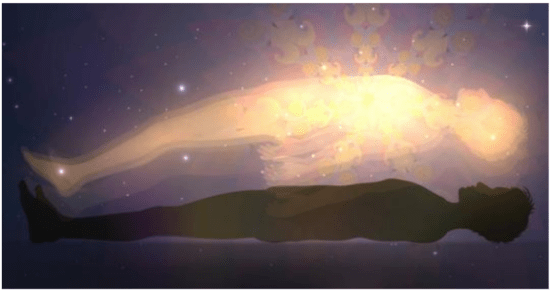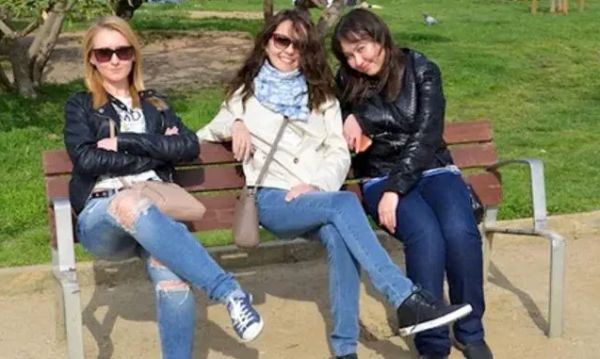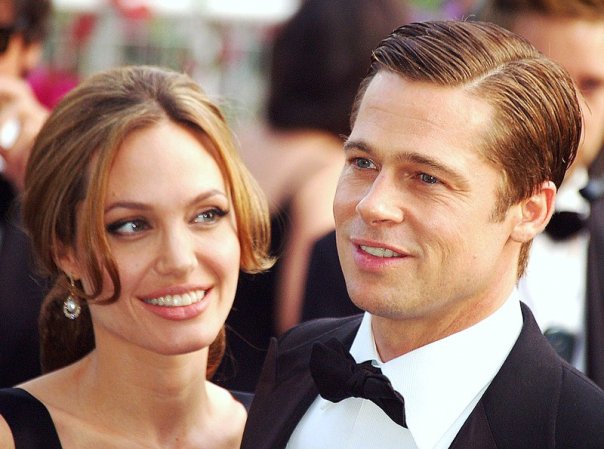According to two exiled Belarusian activists who spoke, their loved ones have been arrested in retaliation for their fathers’ anti-government activities. The human rights group Viasna reports that this is part of a larger pattern of harassment against family members and friends of dissidents, including arrests, interrogations, and job dismissals. The government apparently identifies new targets for repression by scrutinizing the social circles of known activists.
The crackdown on those who oppose Belarusian leader Alexander Lukashenko intensified after the disputed presidential election of 2020 and continues to this day. One family that has been targeted is that of Anatol Liabedzka, a veteran Belarusian politician who now advises Svetlana Tikhanovskaya, the exiled opposition leader believed by many to have won the election.
Although Liabedzka lives in Lithuania, his 37-year-old son, Artyom, remains in Belarus. Artyom was arrested on March 28, accused of swearing at police officers in Minsk, an allegation his father called “absurd”. He was detained for 30 days in the infamous Okrestina detention center, where protesters said they were beaten and tortured after the 2020 election. Authorities have since opened a criminal case against him, and he faces up to five years in prison for “financing extremism”.
Anatol Liabedzka told the Russian that his son is a “textbook example of a hostage.”
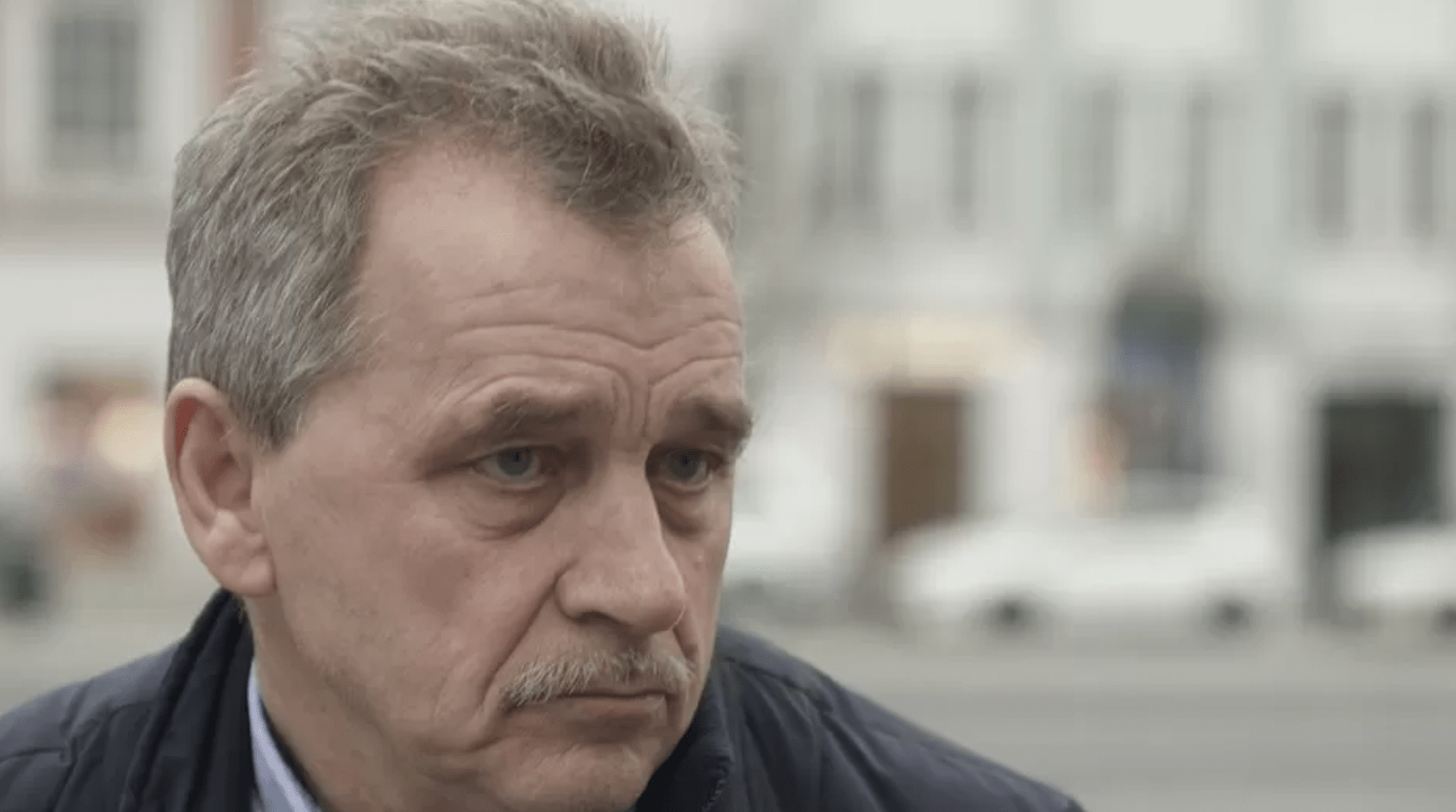
Anatol Liabedzka has been detained many times himself over the years, but he notes that this is the first time that not only activists but also their relatives are being targeted. He observes that while there used to be some rules in the ongoing war, it has now reached a point where authorities put their opponents’ children in front of them before shooting.
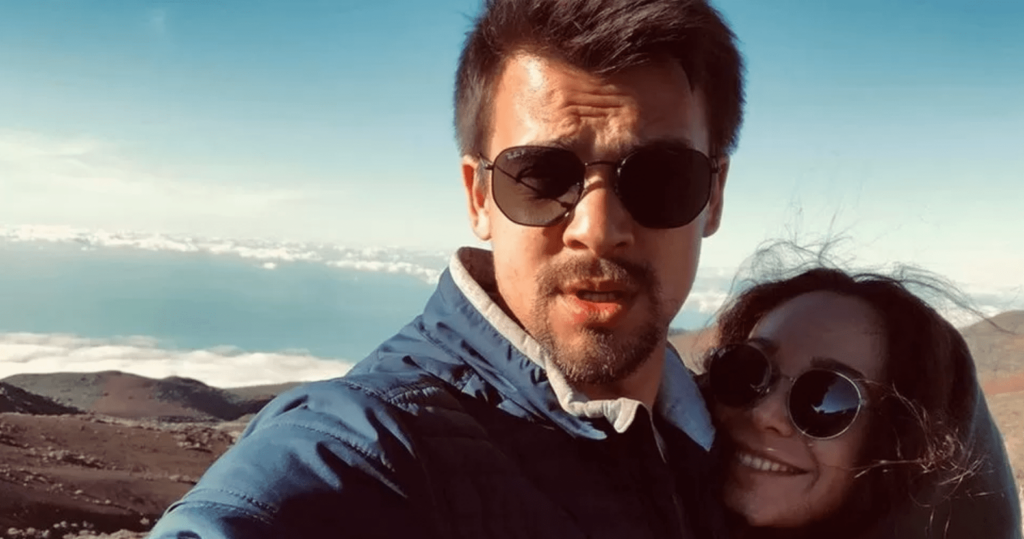
Alexander Lukashenko has been the ruler of Belarus since 1994. He claimed victory in the 2020 presidential election, but the results were not recognized by the West. This led to the largest protests the country has ever seen, and the authorities responded with repression and violence.
Since then, the families and friends of activists have been subjected to even harsher intimidation techniques, including home raids. According to Pavel Sapelka, a lawyer for Viasna, these raids involve more than a dozen people with weapons breaking into homes and turning them upside down, with any criticism of the government considered to be extremist. At the time of writing, Viasna reports that 1,497 people are behind bars on politically motivated charges.
The United Nations believes that the Belarusian authorities use extremism and counter-terrorism laws to suppress dissent. Despite Lukashenko’s claims that his country stands for peace between Russia and Ukraine, he allowed Russia to use Belarus as a platform to send troops into Ukraine in 2022.
According to Anatol Liabedzka, the pillars of Lukashenko’s regime are Putin and fear.
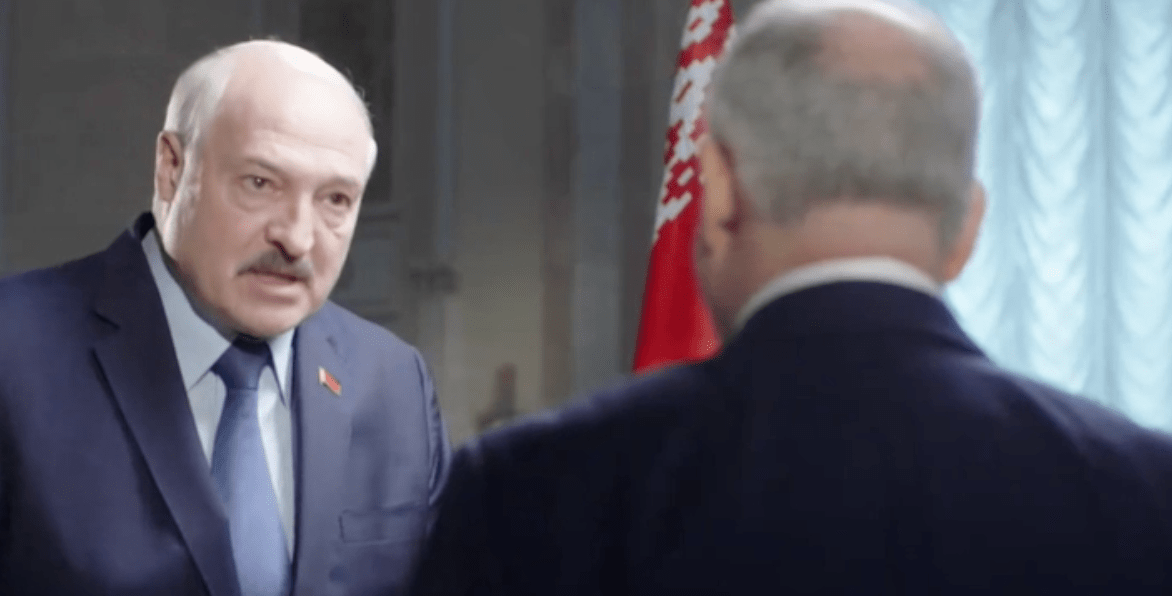
It is true that Alexander Lukashenko has a close relationship with Russian President Vladimir Putin. They have met in person 10 times in the past year alone, making Lukashenko the world leader with whom Putin meets most frequently. Lukashenko has referred to Putin as his “big brother”.
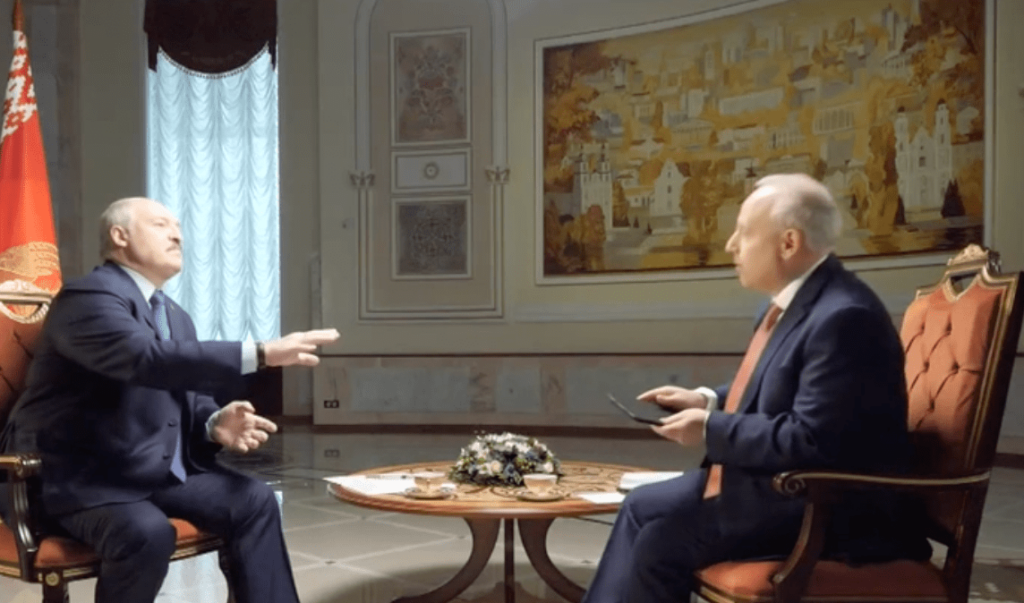
As in Russia, many Belarusians who oppose the government have fled the country, mostly to Poland and Lithuania. Currently, the only opposition leaders who remain in Belarus are those who have been imprisoned. One of them is Viktar Babaryka, a former presidential candidate who was sentenced to 14 years in prison on corruption charges in 2021. Babaryka’s supporters claim that the charges were fabricated. He was arrested just a month after declaring his intention to run for president.
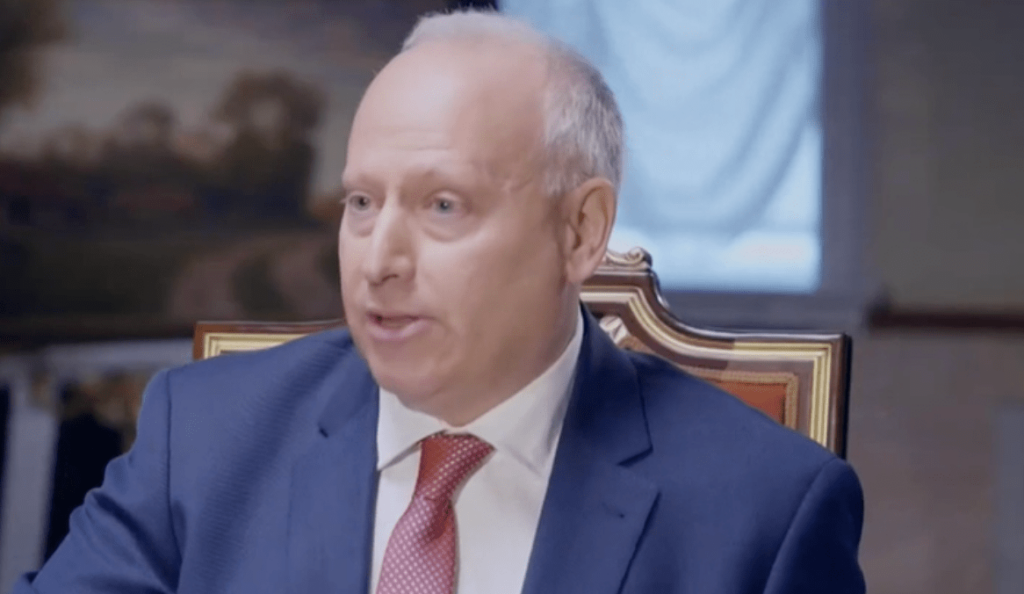
The situation in Belarus remains a concern for human rights groups and the international community. The targeting of family members and friends of dissidents is seen as a new and alarming tactic by the authorities to silence opposition to the government.
The use of trumped-up charges and prolonged detention without trial is also a serious issue, with many political prisoners still behind bars. The Belarusian government’s close relationship with Russia’s Vladimir Putin and its use of extremism and counter-terrorism laws to suppress dissent has drawn criticism from the United Nations and other international bodies.
The situation remains tense, with little sign of improvement for those who oppose the government.
